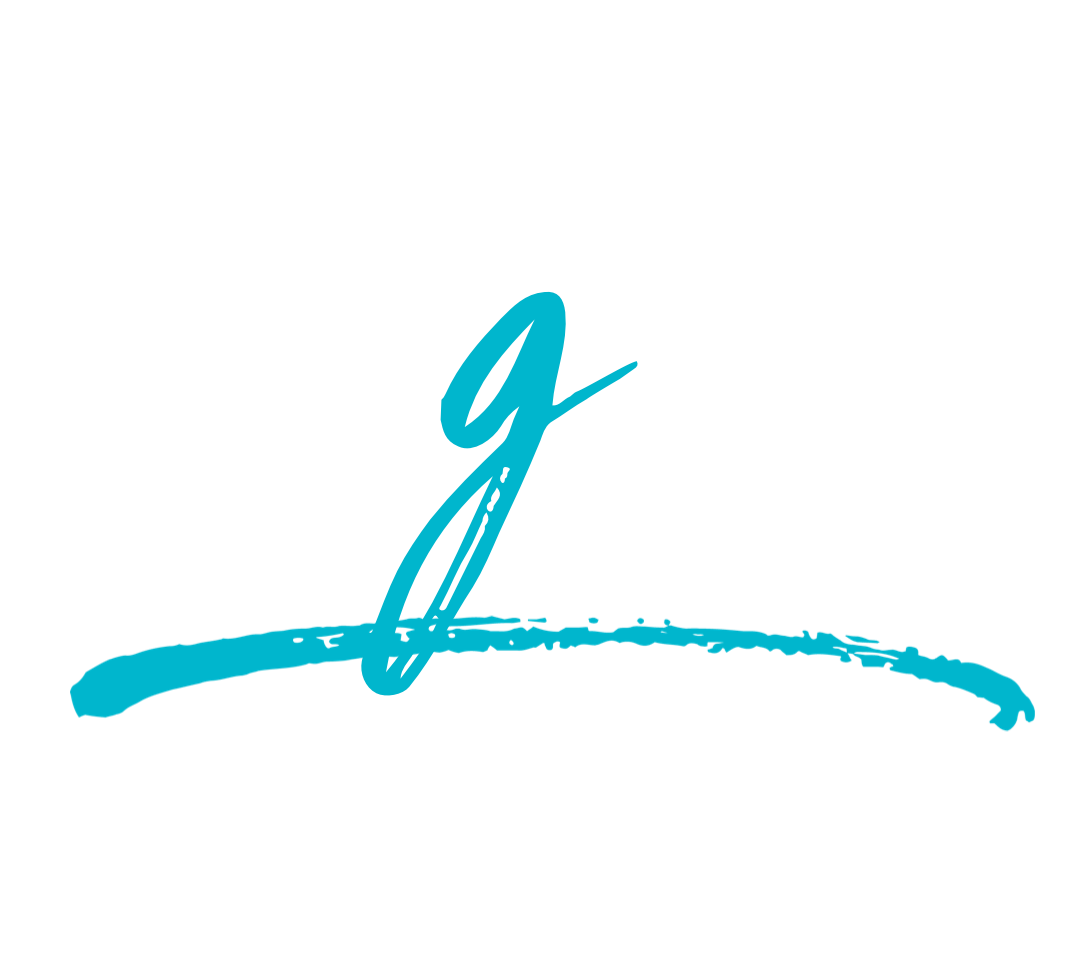Our Personal Relationship with Change
If I were to ask you to sit back, close your eyes and think of change. What is one word pops into your brain?
Uncertainty? Excitement? Fear? Potential?
Without much effort, we start to understand if our personal relationship starts from a negative or positive place. Like it or not, this relationship influences how we accept and interpret disruptions and revisions that we experience in our life.
It begs the question. Are some people better suited to change?
Indulge me, if you will, to illustrate with a personal example.
Having lived in over 20 different dwellings, spanning 11 different cities/towns, moving is not a big deal for me. For most people, it is one of the biggest stressors they experience. So, if I can embrace the uprooting that comes with moving houses and cities, surely, I am better suited to change than others?
My husband would disagree. Small, insignificant things such as changing plans about the movie we are going to watch or what we are going to eat for dinner could send me into a spiral of negativity.
Why the different response?
We internalize the impact of disruptions - large or small - in a uniquely personal way. Even so, there are two aspects in the processing of new ideas that we all share: the mechanics of change and what it means to the future vision we’ve created for ourselves.
Accepting that this pops up, sometimes unexpectedly, allows us to acknowledge the experience and move past the negative association much easier.
PEOPLE GET STUCK ON THE ‘HOW’
We are creatures of habit.
It is the reason “but that’s the way we’ve always done it” is a barrier that seems impossible to break through.
A few years ago, I spoke for an organization that has been continuously running for over a century. Their focus: the promotion of the rural & agricultural way of life and the communities that support it.
Some members felt fear and resisted embracing newer technologies. Equally powerful, was the fear of losing connection with younger generations who, they felt, did not embrace rural life.
I stated that the organization’s founders shared the exact same fears, more than 120 years earlier.
Isn’t that why the organization was started in the first place?
It wasn’t created to promote ‘ox power’ over the combustible engine. The rural way of life is not some taxidermy specimen on display. Nor a snapshot in time, locked away collecting dust on a shelf.
It is a living, breathing set of values shared by non-urban communities. As members of this organization, they are the custodians of the values associated with that lifestyle. Far from being a stagnant remnant of the past, they were caretakers of change!
ACCEPTING TOMORROW’S CHANGE IS NOT REJECTING ALL THAT HAS HAPPENED BEFORE
I asked them to think of all the social, technological and infrastructure transformations that have occurred over the decades. Changes that their predecessors bore witness to. Promoting and supporting the connection to the land and the people who live and work in those regions is constant. It is the ‘why’ that unites them. It is the message that their founders would readily recognize.
How that message is communicated, how they connect with the community, how those values are passed on to the next generation - the areas where they were stuck - were going to evolve, as they always had.
By shifting focus back to why changes were being considered and the promotion of their shared values, it was easier for the membership to let go of how it used to be done and open themselves up to new ideas.
WHY DOES CHANGE MAKE US SAD?
Let’s revisit the idea of moving to a new house or apartment.
When we get upset at the prospect of moving, are we really mourning the loss of a physical structure?
It is possible to be attached to an inanimate object such as a house. But that is not the root of the negative emotional response we experience.
We might think about the past and feel overcome with sadness.
Looking around we see the marking of a child’s height in a doorway; we remember birthdays, visits from the tooth fairy; achievements, celebrations and friends gathering together for dinner.
Nothing can erase what has already happened. No, it is not our cherished memories we are mourning.
WE ARE GRIEVING THE LOSS OF WHAT COULD HAVE BEEN.
While it is true there are no guarantees in life, it doesn’t mean we don’t dream about the future. Creating storylines and images of moments yet to be experienced. When we feel sadness at the prospect of moving, it is the loss of those future moments taking place in a way that is familiar to us. In a space that is familiar to us.
The act of moving to a new space doesn’t prevent those future experiences from being realized. But they will look different. And we may need time to mourn and accept the change before we can begin creating new visions for the future.
Underestimating the emotional impact of changes, large or small, is folly for many businesses. Next to our dwelling, our workplace is where we spend most of our time. It is where we spend most of our waking, active moments in life.
Enjoyed this story? Support my writing here or subscribe below to receive these stories directly in your inbox.
